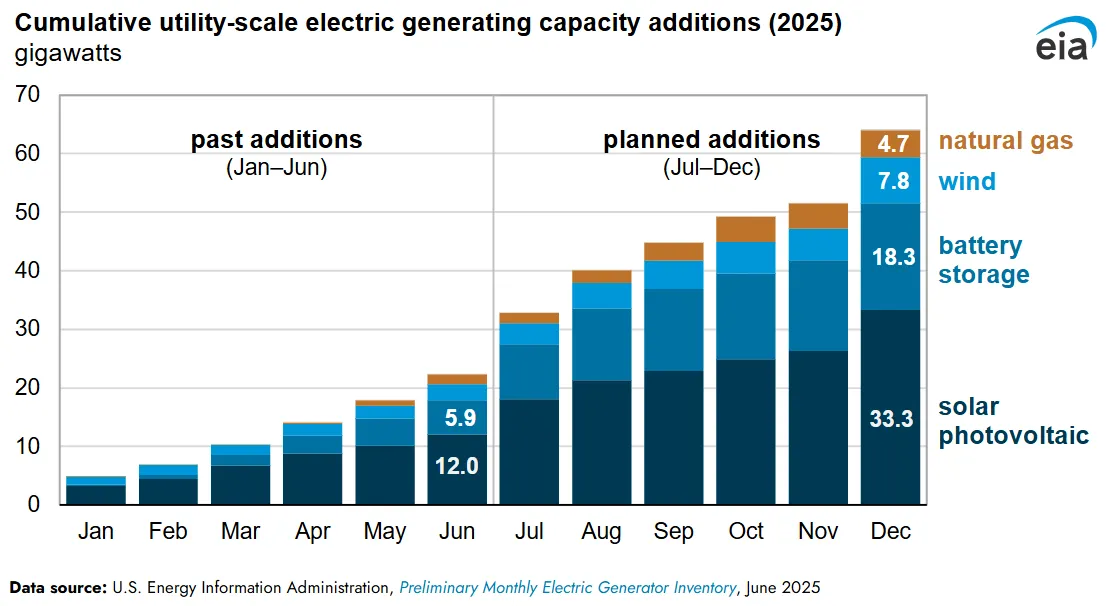
Alissa Jean Schafer is climate and energy director at Private Equity Stakeholder Project, a nonprofit watchdog group focused on the impacts of private firms on people and the planet.
Over a year after announcing its plan to take over Minnesota Power, the Duluth-based utility serving more than 150,000 accounts and several large industrial users, Global Infrastructure Partners, wholly owned by BlackRock, is now waiting on one final step for the deal to close: approval from the Minnesota Public Utilities Commission. If the commission approves, this giant private equity firm would take over ALLETE, the parent company of Minnesota Power.
What’s at stake for Minnesota Power ratepayers is their utility being beholden to the private equity business model, notorious for cost-cutting and raising prices for consumers to generate high profits in a short amount of time. If this deal is approved, BlackRock would be making decisions that affect the price people in Duluth pay to light and heat their homes.
That risk is not unique to Minnesota. Across the country, private equity firms have been moving into essential public infrastructure — from hospitals to housing to water systems and now utilities — often with similar results: higher costs for consumers, reduced transparency, and decisions driven by short-term investor returns rather than long-term public needs.
Minnesota is now on the front lines of this national trend, and what happens here will send a signal to other states about whether regulators are willing to put public interest ahead of Wall Street profit.
Against that backdrop, the Minnesota Public Utilities Commission has the benefit of a lengthy review process before Minnesota Administrative Law Judge Megan J. McKenzie. The commission has pages of expert testimony, cross-examination, and deal details to review, including volumes of information labeled “highly confidential” and blocked from public view. Judge McKenzie has reviewed it all and delivered a clear recommendation: Deny the deal.
This recommendation is so strong it appears to have stirred a response. People who have been silent on the issue for the past year are suddenly speaking up in support of private equity taking over this northern Minnesota utility, echoing BlackRock’s public talking points and claiming that private equity capital is necessary for Minnesota to reach its clean energy goals. But the ALJ’s recommendation makes clear that the shiny sales pitch does not match the details buried in confidential files.
“In considering the true risks and benefits of the Acquisition, it is critical that the Petitioner’s agreements and private discussions do not comport with their public statements,” the judge wrote. “The nonpublic evidence reveals the Partner’s intent to do what private equity is expected to do — pursue profit in excess of public markets through company control. The Partners themselves have carefully committed to do very little, instead largely making commitments through expected holding companies or Minnesota Power itself … Access to capital is the primary benefit touted by the Petitioners. However, the Partners have not, in fact, promised to provide capital to ALLETE. ALLETE did not even ask for some commitment to provide equity … and the merger agreement did not require the Partners to provide ALLETE with any additional equity.”
Private equity ownership of Minnesota Power would also be a more expensive way to raise capital than through public markets. Private equity firms typically use significantly higher levels of debt than publicly traded companies, and those costs are passed along to captive ratepayers who have no choice but to buy their electricity from the utility. Typical five- to seven-year investment horizons are incompatible with the decades-long infrastructure planning and stable rates that utility customers depend on. The people paying their power bills every month will be the ones left holding the bag.
The structure of the deal adds another red flag. The acquisition premium, estimated at $600 million to $1.5 billion, will flow directly to ALLETE’s shareholders and executives. As the Citizens Utility Board of Minnesota pointed out, “The captive customers who’ve been paying rates to grow the company don’t receive any of that literal financial benefit … But they do inherit the potential risk of private equity now owning the utility that they have no choice to get their electricity from.”
BlackRock’s record also raises concerns. The fund that would own a majority stake in ALLETE is a major investor in the Rio Grande LNG terminal in South Texas — a project that, if fully built, could emit greenhouse gases equivalent to 83 coal plants annually. ALLETE also owns coal and gas-fired power plants, directly contradicting its stated clean energy priorities. This track record suggests Minnesota’s clean energy transition may not be the buyers’ top priority.
Federal regulators have sounded alarms as well. In April, Federal Energy Regulatory Commission Chair Mark Christie warned that asset managers like BlackRock could use their utility holdings to exert market power and reduce competition. Those risks are magnified when one company controls both a utility and its major customers, as would be the case here.
Opposition to the sale spans Minnesota. The Attorney General’s Office, Minnesota ratepayers, environmental advocates, and a coalition of Minnesota Power’s largest industrial customers have all spoken out. Community members have packed public hearings to warn that private equity’s heavy debt, aggressive cost-cutting, and short-term return targets are incompatible with the long-term public service mission of a regulated utility.
Judge McKenzie’s conclusion should be the commission’s guide: “There is no doubt the Carbon Free Standard is of critical importance to the future of Minnesota and our nation. However, the Carbon Free Standard does not and should not give private equity a free pass to acquire critical Minnesota public utilities to the detriment of Minnesota ratepayers. The Commission should disapprove the Acquisition.”
The Public Utilities Commission should follow that recommendation and reject BlackRock’s takeover of the utility. Minnesota’s energy future should be determined by the needs of its communities, not the short-term ambitions of a private equity firm headquartered thousands of miles away. Approving this sale would not just reshape one utility — it would signal to private equity investors nationwide that essential public services are open for speculative takeover, with communities left to shoulder the costs and potential risks.




















